Do Better: How Leaders Can Use Feedback To Improve Their Work Cultures
In an episode of the Good Place, a popular show on NBC, some members of the Good Place were meeting in an “IHOP” via augmented reality, and after the mirage of the “IHOP” disappeared, Michael (Ted Danson) told the Judge (Maya Rudolph) about what he viewed as being wrong with the points system. For context, the points system is used to evaluate human behaviors while they are on Earth. Depending on how they score, the humans are then sent to either the Good Place or the Bad Place after they die.
Michael then comes to the Judge to tell her about how unnecessarily punitive the points system is and that people are punished far too harshly points-wise for making simple decisions (e.g. buying a non-organic tomato). As a result, Michael claims that it is difficult for people to be “good enough for the Good Place.”
After a moment’s pause, the Judge flippantly disregards his feedback and boils his words down to “life is complicated.” She then breaks down his argument by simply stating that people should do more research before making decisions to avoid being deducted points.
On the one hand, that’s a pretty harsh way to take some valid feedback; after all, Michael just wants to maximize who can get into the Good Place (in this scene)! But on the other hand, the Judge has stringent guidelines for who can get in and would prefer to stick to those.
This kind of scenario plays out in the workplace all the time! Let’s look at this from the perspective of a skeptical leader:
“Why should I trust that my employees know what’s better for this company than I do?”
Asking for someone’s opinion will likely make them think that you will take it into consideration! It is one thing to let someone talk in your presence and another thing to process what they are actually saying. Additionally, even though you may have a wider lens through which to view the pros and cons of making a particular decision, the feedback that your workers provide can help inform that from a more proximal perspective.
“I’m expected to make big decisions for the company. Is it right to put my trust in the ones who rely on me?”
Reliance is built up through communication! Building and fostering open communication channels will only improve your relationship with the ones you oversee. Taking that feedback back to the drawing board and using it to improve whatever you are planning, whether it is a new training module, an improved compensation model, or a diversity initiative, will lead to them trusting your judgment more when big decisions inevitably come.
“What would applying this feedback look like?”
For starters, do better than the Judge did in the above scenario! Even if you don’t particularly agree with the recommendation(s) provided, there is no need to belittle the messenger. Challenge the idea and probe what it could include! If their suggestion for your compensation model is that there should be enhanced performance-based bonuses, some constructive questions to ask would be:
- “How much of an increase in the bonuses are you proposing (e.g. 5%, 10%, etc…)?”
- “Do you see this increase in the bonuses applying to all tasks and positions in your team or department or for specific tasks or positions?”
- “Would these be progressive bonuses (i.e. ones that increase over time as performance merits) or one-time bonuses?”
While Michael and the Judge aren’t on the same page here, that doesn’t mean that they will never be on the same page, and so as a leader, work to ensure that you emphasize the importance of having them on your team. Remember to walk the talk.

About the author
Hello! I’m Henri Maindidze. I’m really passionate about diversity, equity, and inclusion through the lenses of recruitment methods, organizational culture, and assessment design and implementation. I enjoy conducting statistical analyses and gaining a better understanding of the spaces that I occupy from a data-driven perspective.
